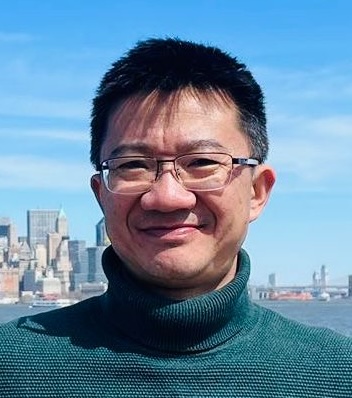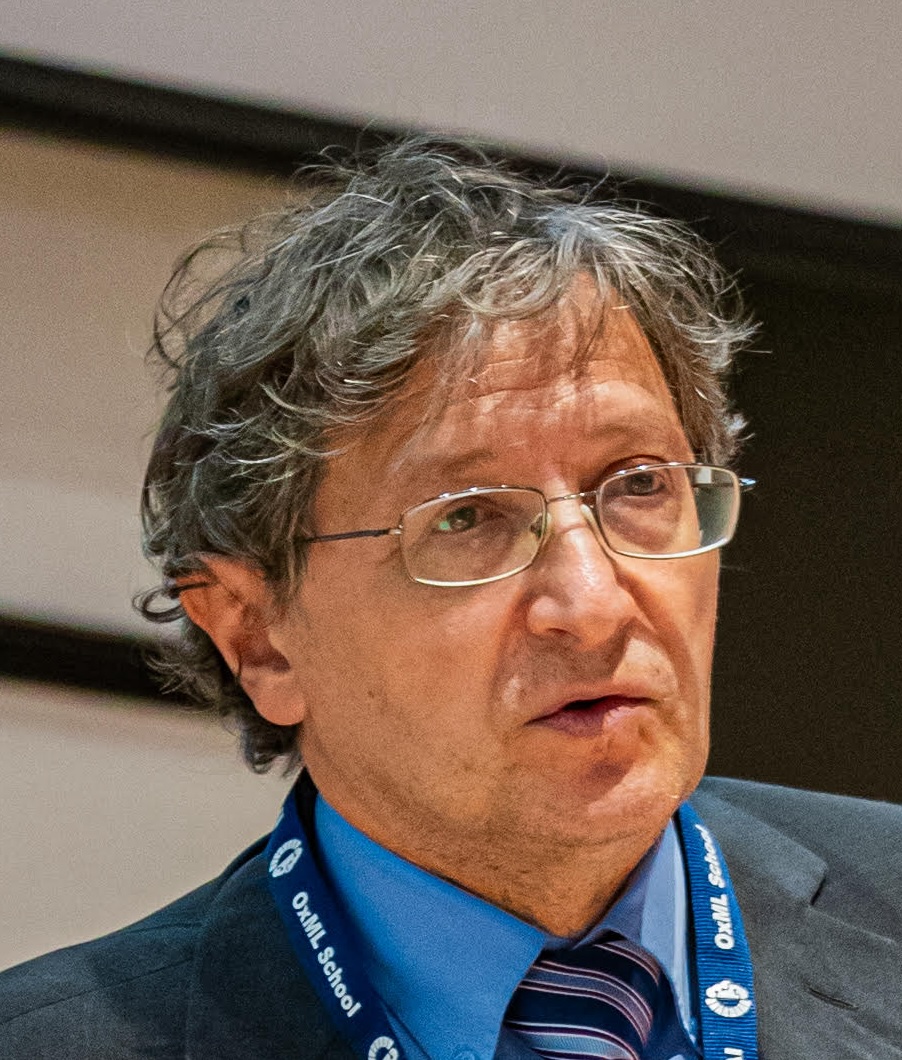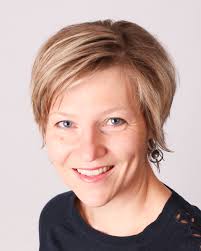The Workshop on Neural Reasoning for Mathematical and Science Discovery -- New AI Manifesto (NEURMAD@AI [nju: mæd 'ei'ai]) will take place from March 23 to 25, 2026 at Department of Computer Science and Technology, University of Cambridge.
The description
The origin of artificial neural networks is commonly traced to McCulloch and Pitts’ 1943 paper "A Logical Calculus of the Ideas Immanent in Nervous Activity", which drew on just three works: (1) Russell and Whitehead (1925) Principal Mathematica; (2) Hilbert and Ackermann (1927) Grundzüge der Theoretischen Logik, and (3) Carnap (1938) The Logical Syntax of Language. This lineage highlights the expectation that artificial neural networks should aspire to the rigour of formal logical reasoning. For nearly eighty years, neural networks — despite their unprecedented success - have been synonymous with being data-hungry, statistical, and unreliable, raising potential risks for our society. The recent emergence of Sphere Neural Networks (2024, 2025) are proven to achieve in one epoch without training data the rigour of Aristotelian syllogistic reasoning — the origin of logical reasoning. Sphere Neural Networks ground neural networks in classical mathematics and shape a logically rigorous neural AI for reliable applications such as theorem proving, scientific discovery, legal reasoning, and decision-making in healthcare. Concretely, they generalise traditional vector embeddings into sphere embeddings, therefore, sphere configuration can explicitly represent set-theoretic semantics and traditional neural networks become special cases when all radii are degraded into zero.
Invited Speakers
Organizers

Tiansi Dong
University of Cambridge

Pietro Lio
University of Cambridge

Mateja Jamnik
University of Cambridge

Challenger Mishra
University of Cambridge
Contact
To reach the organizers with any questions or comments, please e-mail neurmadai@googlegroups.com.